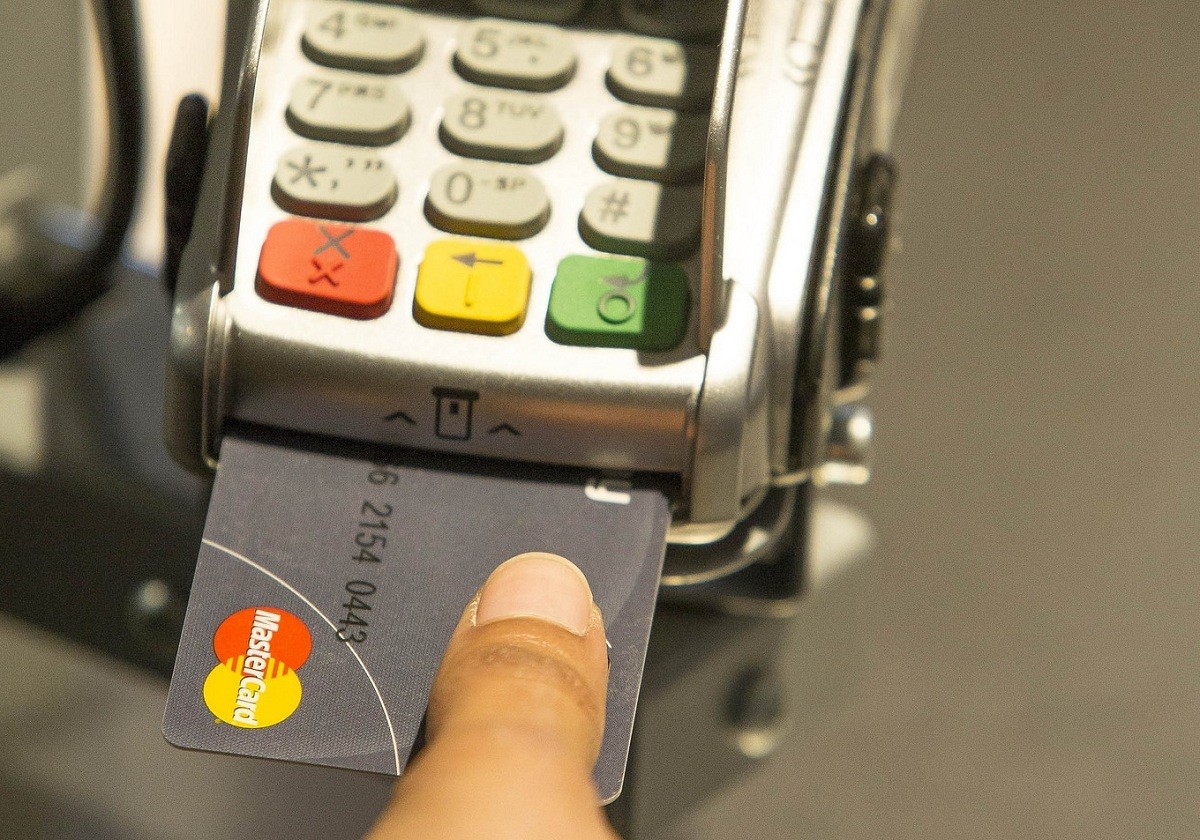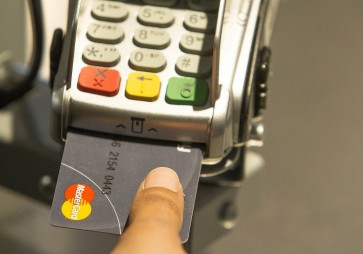Popular Reads
Top Results
Can't find what you're looking for?
View all search resultsPopular Reads
Top Results
Can't find what you're looking for?
View all search resultsBanks to phase out magnetic strip cards by 2022
Change text size
Gift Premium Articles
to Anyone
I
ndonesia’s big four banks are increasing their efforts to phase out magnetic strip debit cards and replace them with chip-based cards to comply with Bank Indonesia’s (BI) directive to improve the nation’s digital security.
Bank Rakyat Indonesia (BRI), Bank Mandiri, Bank Central Asia (BCA) and Bank Negara Indonesia (BNI) have ramped up their card-swapping programs, as they are slated to block almost all such cards starting on Jan. 1, 2022, as required by BI Circular Letter No. 17, issued in 2015.
The regulation exempts customers who agree with their banks to store less than Rp 5 million (US$347.2) in an account.
“We are actively migrating our ATM and debit cards by continuing to encourage our customers to switch their cards,” BRI corporate secretary Aestika Oryza Gunarto told The Jakarta Post on Wednesday.
BRI, the largest of the nation’s big four banks by asset value, is aiming to have all its debit cards be chip-based by September of this year. The state-owned lender, whose main customers are micro and small businesses, had phased out 80 percent of its magnetic strip cards by February.
Read also: Bank Indonesia sets chip technology standard for ATMs, debit cards
BCA, Indonesia's largest privately owned bank, has also asked clients to swap out their cards to prevent data theft. The lender said that 22.5 million BCA debit cards were in circulation last year, 18.5 million of which (around 80 percent) were already chip-based.


















